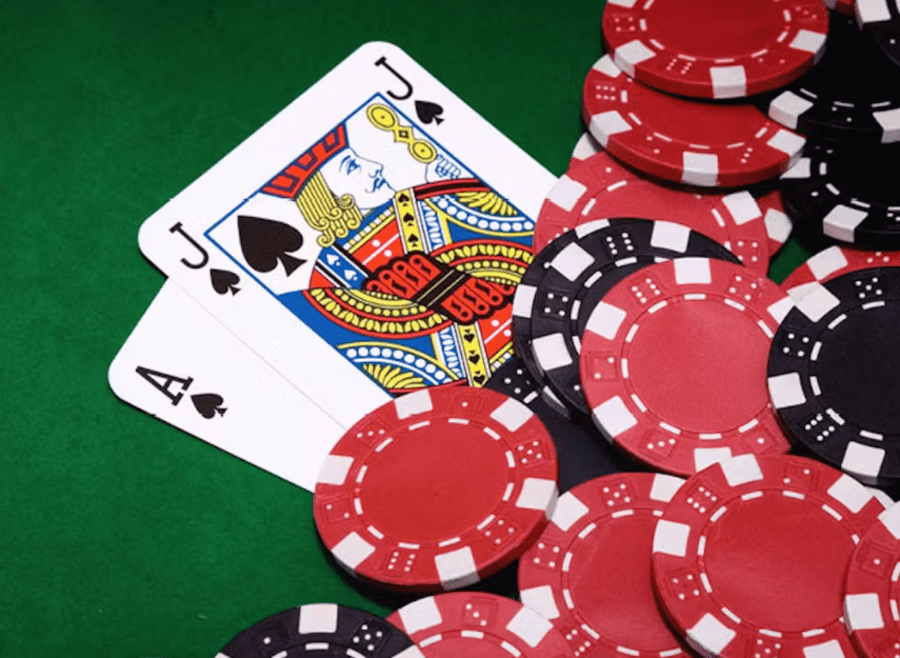The ace is a very important card in blackjack, but it is up to the player to decide how much it is worth. It can either be valued as 1 or 11, and this gives players two possible ways of playing the hand. There are many different rules that can apply to the ace, depending on the situation and how it is played. In this article, we will look at how the ace can be used to improve your chances of getting 21 in blackjack.
In blackjack, the ace is worth either one or eleven, and this can make a big difference in your odds of winning. This makes it a very powerful card, and you should always play the ace to its full potential. Generally, you should try to combine it with a card worth 10 or higher in order to increase your chance of getting 21, but it can also be useful when paired with other cards that add up to 20.
When playing blackjack, all of the cards are worth their face value, and picture cards (Jack, Queen, and King) are worth ten points each. The ace can be counted as either one or eleven, and it is generally assumed that it counts as 11 unless doing so would cause the player to bust, in which case it is valued at 1. The value of the rest of the hand is determined by adding the values of each individual card together.
To win a hand, the total must be at least 21, and the highest total wins. The game is not a race to 21; rather, it is a competition to beat the dealer. If a player has an ace and a picture card or ten-card, this is called a “blackjack,” and the player immediately wins the game. This type of hand is known as a “natural.”
Depending on the rules in a particular casino, a player may have additional options available to them, such as splitting, early surrender, and re-splitting aces. A player may split a pair of starting cards when they are of the same value, and each new hand will receive an additional card. However, some casinos do not allow aces to be re-split after they have been split, and this can significantly reduce a player’s chances of reaching a high score.
Some casinos also restrict the ability to double down on certain hands. Doubling down on a hand with an ace is usually not permitted, although some land-based casinos do allow it. Doubling on a hand with a ten-card is also not often allowed, but some do permit it. This means that a player can sometimes double down on a weak soft hand when the dealer is showing a low card, such as a six, but they should be careful not to do this too often as it will decrease their chances of winning. The same is true for re-splitting aces; this practice should only be done when it will improve the player’s chance of beating the dealer.


